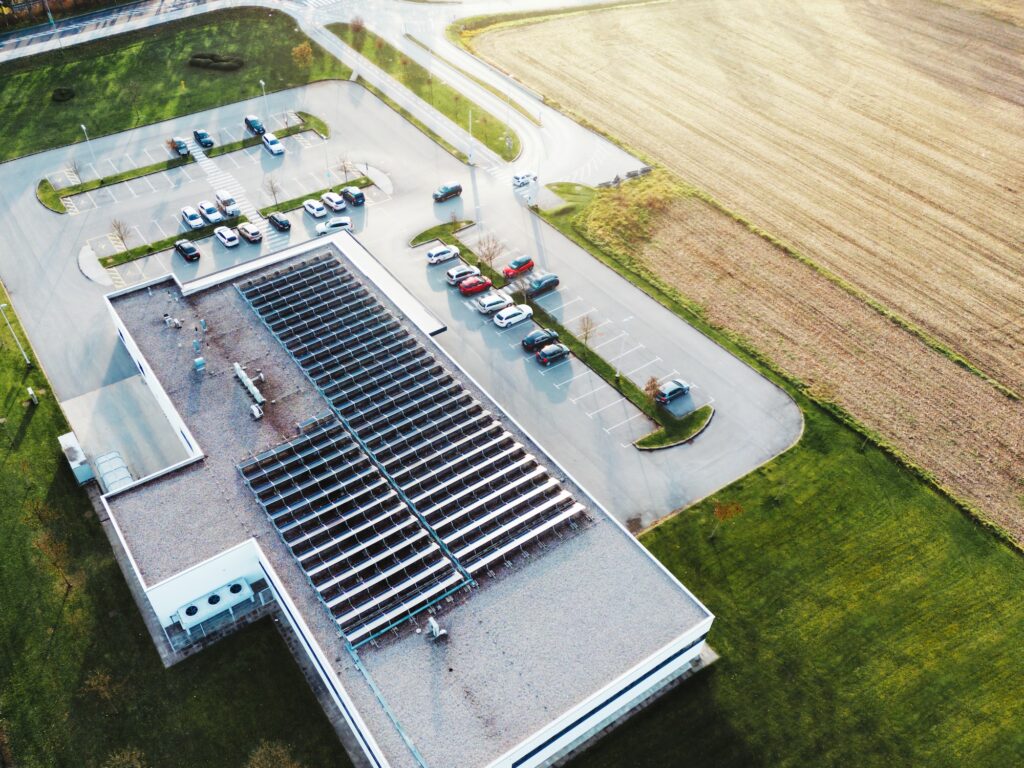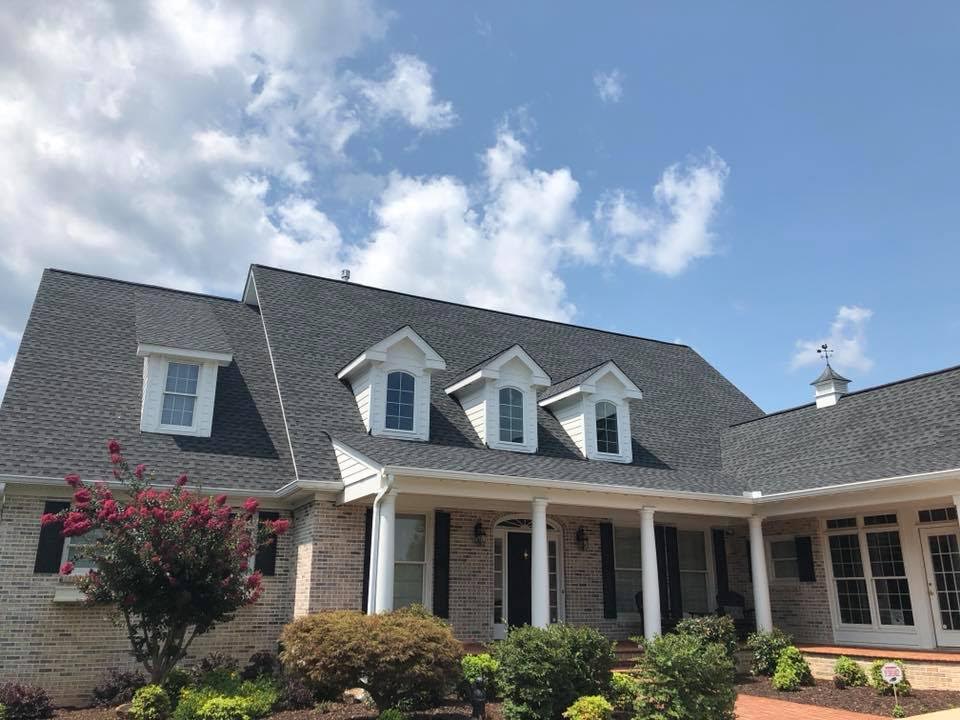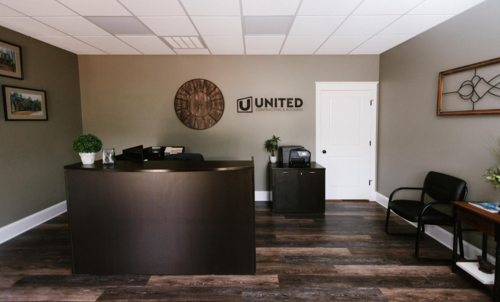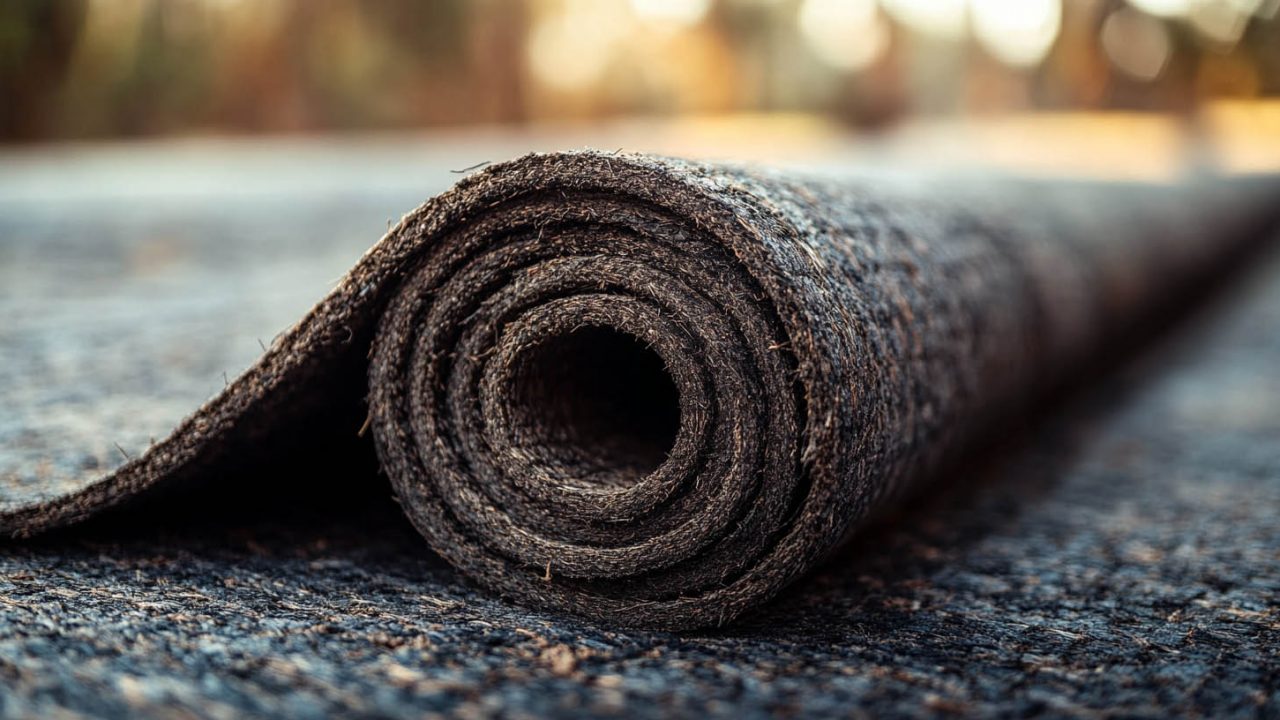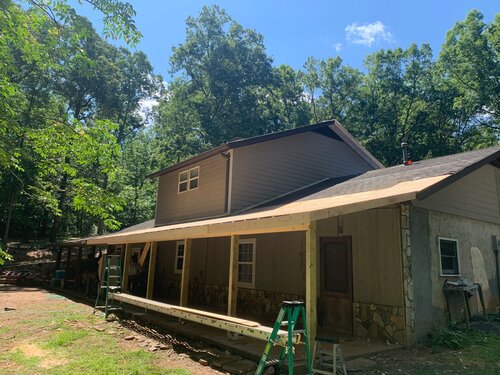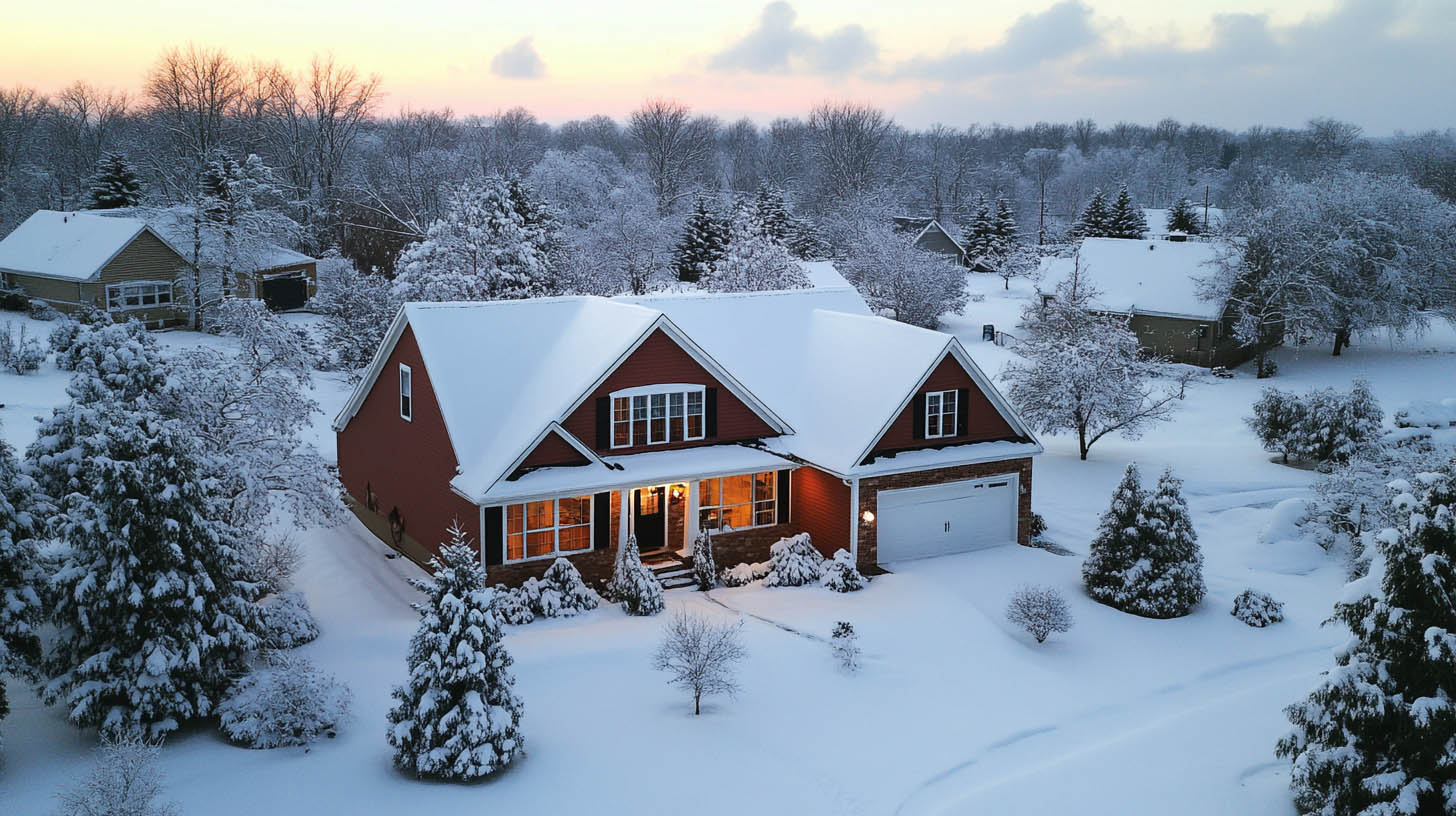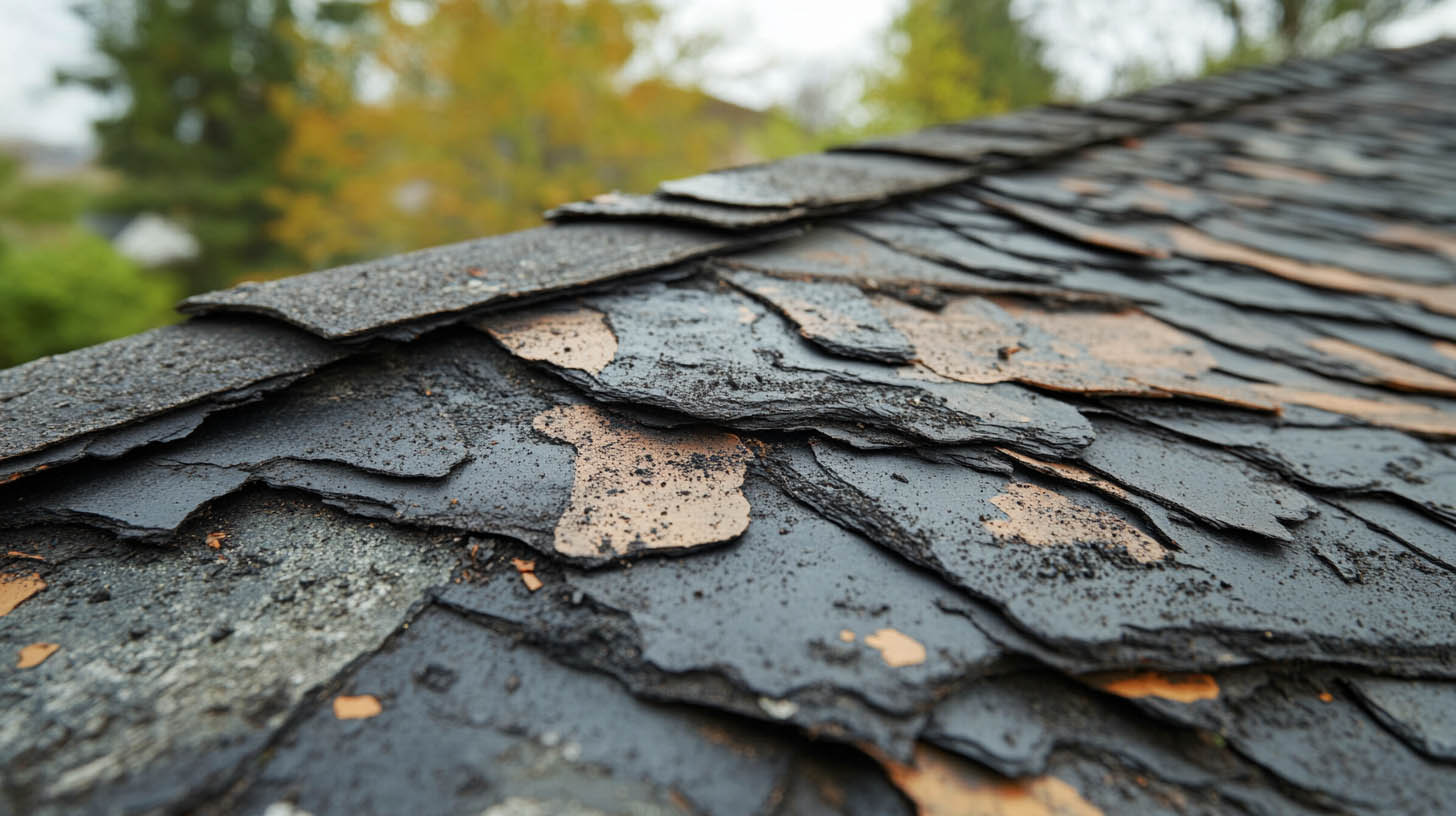Rolled roofing is a practical and cost-effective roofing solution suitable for various types of structures, especially those with low slopes or nearly flat designs. United Contracting & Roofing LLC offers expert rolled roofing services in Greenville, SC, ensuring quality installation and maintenance.
Understanding Rolled Roofing
Rolled roofing, also known as “roll roofing” or “roll-out roofing,” is a material commonly used for low-slope or flat roofs on both residential and commercial buildings. Unlike traditional shingles, rolled roofing comes in large rolls, making it easier to install and more efficient for certain applications.
Key Features of Rolled Roofing:
- Material: Typically made from asphalt-integrated felt or fiberglass mats, coated with asphalt or modified bitumen for waterproofing and weather resistance.
- Dimensions: Usually comes in rolls 36 inches wide and around 33 feet long, making it lightweight and easy to transport.
- Installation: Quick and straightforward, often unrolled onto the roof surface and secured with roofing nails or adhesive. Seams are sealed with roofing cement or asphalt-based adhesive to ensure a watertight seal.
Types of Rolled Roofing
There are several types of rolled roofing available, each with its specific features:
- Plain Roll Roofing: Basic and economical, suited for temporary or short-term applications.
- Mineral-Surfaced Roll Roofing: Features granules on the surface for added durability and UV protection.
Advantages of Rolled Roofing:
- Cost-Effective: One of the most affordable roofing materials available.
- Quick Installation: Reduced labor time and cost due to the ease of installation.
- Lightweight: Easier to handle and transport compared to other roofing materials.
Applications of Rolled Roofing
Rolled roofing is ideal for specific types of buildings and situations, primarily those with low slopes or nearly flat roofs.
Common Uses:
- Flat Roofs: Popular for flat or low-slope residential and commercial roofs due to its waterproof properties.
- Shed Roofs: Economical solution for garden sheds, playhouses, and workshops.
- Porches and Canopies: Suitable for covering open porches, patios, or canopies.
- Temporary Structures: Used for short-term structures like construction site offices or storage sheds.
Residential vs. Commercial Use
Rolled roofing is used in both residential and commercial roofing, with some distinctions in its application.
Residential Roofing
- Small Houses: Ideal for low-slope or flat-roofed residential structures like garages, sheds, and outbuildings.
- Budget-Friendly Projects: Chosen for its affordability and ease of installation.
Commercial Roofing
- Low-Slope Buildings: Suitable for commercial buildings with low-slope roofs, offering a cost-effective solution.
- Small Commercial Structures: Used for storage facilities or industrial buildings where budget constraints are significant.
Benefits and Limitations
While rolled roofing has several benefits, it also has limitations that should be considered before choosing this material for your roofing needs.
Benefits:
- Affordability: Cost-effective for budget-conscious projects.
- Ease of Installation: Quick and straightforward installation process.
- Versatility: Suitable for a variety of low-slope applications.
Limitations:
- Durability: Less durable than other roofing materials like asphalt shingles or metal roofing.
- Lifespan: Typically lasts 15 years, depending on the quality of the material and maintenance.
- Weather Resistance: Susceptible to damage in extreme weather conditions.
Conclusion
Rolled roofing offers an economical and practical solution for low-slope and flat roofs in both residential and commercial applications. By understanding its features, benefits, and limitations, you can make an informed decision about whether rolled roofing is the right choice for your project. For expert installation and maintenance services, contact United Contracting & Roofing LLC in Greenville, SC.To learn more about Three R’s of Commercial Roofing: Repair, Restore, Replace, click here.

